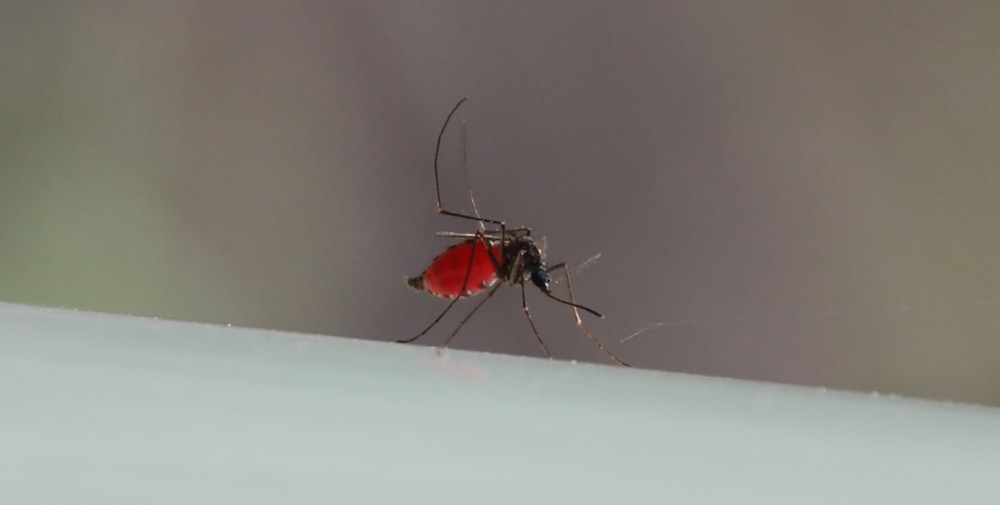
Protect Against Mosquitoes After Ross River Detection
Mar 09, 2020The North Coast Public Health Unit is urging residents and visitors to the Mid North Coast to take extra precautions to protect themselves against mosquito bites after detections of the mosquito-borne Ross River virus in the region.
Acting Public Health Director Dr Jane Jelfs said autumn was a peak time of year for mosquitoes to carry infections.
“Ross River and Barmah Forest viruses are transmitted by infected mosquitoes that breed in flooded, grassy and swampy areas and around waterways,” she said.
“There is no treatment for these viruses so the best way to protect yourself is to avoid getting bitten.”
Steps to avoid being bitten by mosquitoes include:
- When outside cover up as much as possible with light-coloured, loose-fitting clothing and covered footwear.
- Use an effective repellent on all exposed skin. Re-apply repellent within a few hours, as protection wears off with perspiration. The best mosquito repellents contain Diethyl Toluamide (DEET) or Picaridin.
- Light mosquito coils or use vaporising mats indoors. Devices that use light to attract and electrocute insects are not effective.
- Cover all windows, doors, vents and other entrances with insect screens.
- When camping, use flyscreens on caravans and tents or sleep under mosquito nets.
Symptoms of Ross River virus include tiredness, rash, fever and sore and swollen joints, typically within three weeks of being bitten. They can subside after several days but some people may experience them for weeks or even months.
“People should see their doctor if they experience these symptoms,” Dr Jelfs said.
More information about mosquito-borne infections is available on the NSW Health website at: http://www.health.nsw.gov.au/Infectious/factsheets/Pages/mosquito.aspx
